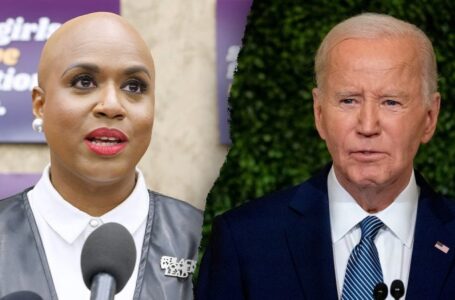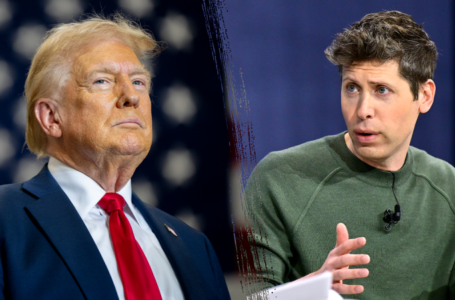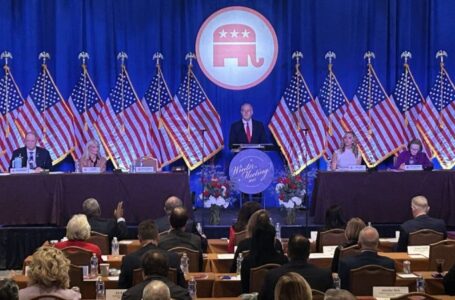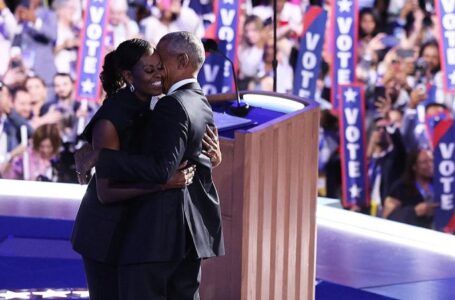Protests in Georgia spread as PM defies US condemnation
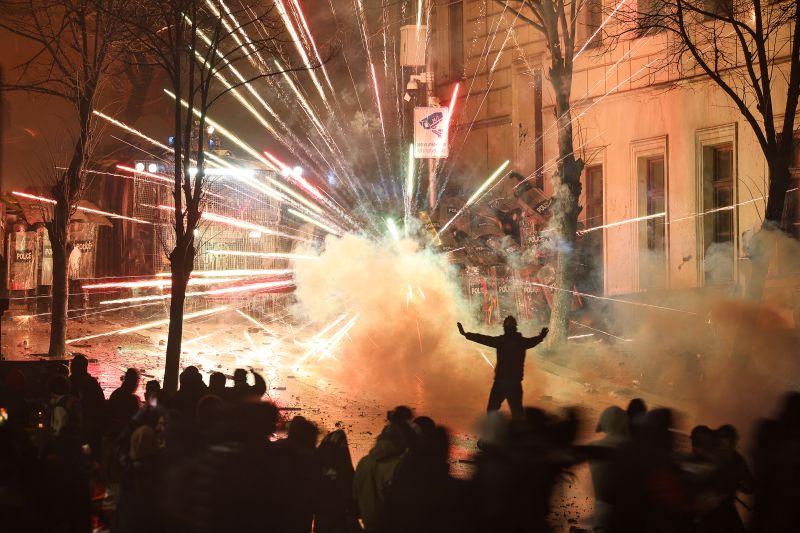

Protesters rallied in Georgia’s capital for a fourth straight night on Sunday and there were signs that opposition was spreading across the country to the government’s decision to suspend talks on joining the European Union.
The country of 3.7 million people has seen months of rising tension between the ruling Georgian Dream party and opponents who accuse it of pursuing increasingly authoritarian, anti-Western and pro-Russian policies.
The crisis has deepened since Thursday’s announcement that the government would freeze EU talks for four years, with thousands of pro-EU demonstrators facing off against police armed with tear gas and water cannon.
Protesters gathered again in Tbilisi on Sunday night on the central Rustaveli Avenue. Beyond the capital, Georgian news agency Interpress said demonstrators had blocked an access road into the country’s main commercial port in the Black Sea city of Poti.
Georgian media reported protests in at least eight cities and towns. Opposition TV channel Formula showed footage of people in Khashuri, a town of 20,000 in central Georgia, throwing eggs at the local Georgian Dream office and tearing down the party’s flag.
The EU and the United States are alarmed by what they see as Georgia’s shift away from a pro-Western path and back towards Russia’s orbit. Georgian Dream says it is acting to defend the country’s sovereignty against outside interference.
‘Dark abyss’
Russia is following developments closely. Security official Dmitry Medvedev, a former Russian president, said an attempted revolution was taking place and wrote on Telegram that Georgia was “moving rapidly along the Ukrainian path, into the dark abyss. Usually this sort of thing ends very badly.”
The Kremlin itself has yet to comment on the latest events in Georgia, but it has long accused the West of fomenting revolutions in post-Soviet countries that Moscow still regards as part of its sphere of influence.
Georgian Prime Minister Irakli Kobakhidze dismissed criticism by the United States, which has condemned the use of “excessive force” against demonstrators.
“Despite the heaviest systematic violence applied yesterday by the violent groups and their foreign instructors, the police acted at a higher standard than the American and European ones and successfully protected the state from another attempt to violate the constitutional order,” he told a press conference, without providing evidence of foreign involvement.
Kobakhidze also shrugged off Washington’s announcement on Saturday that it was suspending a strategic partnership with Georgia. He said this was a “temporary event”, and Georgia would talk to the new administration of President-elect Donald Trump when it takes office in January.
Deepening the constitutional crisis in the country, outgoing President Salome Zourabichvili – a critic of the government and a strong advocate of Georgian membership of the EU – said on Saturday that she would refuse to step down when her term ends later this month.
Zourabichvili said she would stay in office because the new parliament – chosen in October in elections that the opposition says were rigged – was illegitimate and had no authority to name her successor.
Kobakhidze said he understood Zourabichvili’s “emotional state”.
“But of course on December 29 she will have to leave her residence and surrender this building to a legitimately elected president,” he said.
‘Foreign agents’
Hundreds of diplomats and civil servants have signed open letters protesting that the suspension of EU talks is unlawful because the goal of joining the bloc is enshrined in Georgia’s constitution. Kobakhidze confirmed that the ambassador to Washington was among a number of senior diplomats who had resigned.
Georgia’s foreign ministry said in a statement that foreign states were trying to “interfere in the functioning of the institutions of a sovereign state”, and that this was unacceptable.
For much of the period since the 1991 collapse of the Soviet Union, Georgia has leaned strongly towards the West and tried to loosen the influence of Russia, to which it lost a brief war in 2008. It has been promised eventual NATO membership, and became an official candidate for EU entry last year.
But domestic opponents and Western governments have become increasingly concerned that Georgian Dream is intent – despite its denials – on abandoning that course. In June, it enacted a law obliging NGOs to register as “foreign agents” if they received more than 20% of their funding from abroad. In September, parliament approved a law curbing LGBT rights.
The government says it is defending the country’s sovereignty and trying to prevent it from suffering the fate of Ukraine by being dragged into a new war with Russia.
The EU’s foreign policy chief Kaja Kallas, who took office on Sunday, voiced solidarity with the demonstrators.
“We stand with the Georgian people and their choice for a European future,” she posted on X.
“We condemn the violence against protesters & regret signals from ruling party not to pursue Georgia’s path to EU and democratic backsliding of the country. This will have direct consequences from EU side.”

